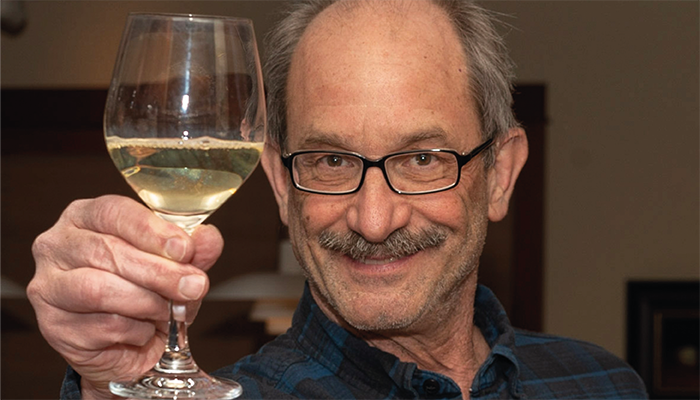
Credit: Supplied by Author
As a scientist who has some success on the commercial front (I co-founded Third Wave Technologies, which commercialized molecular diagnostic products and went public in 2001), I have learned several lessons about commercial innovation, which I’d like to share.
First of all, the hard lessons. When I started as a Director, my attitude was pretty relaxed – thinking everything would be fine, and I’d just go to meetings, enjoy the dinners, sign off on things, and then leave. But as things happened in the company, I realized I wasn’t alert enough to the issues or sufficiently proactive in taking action. It’s a big responsibility, especially with a public company, and it deserves more than just passive involvement.
People used to tell me I was great at taking risks, and I’d accept the compliment. But I didn’t actually see much risk at the beginning. We started with money we could afford to lose, so for me, it was just fun – if it worked, great, and if not, it didn’t matter because I still had my day job. But once the company began to have real value, the risk became tangible. Now, with a stake in the company’s worth, I had something to lose, and that made me more conservative in decision-making.
Another big thing I learned was the importance of people. I tend to assume the best in people – I try to behave well, so I expect others to behave well. But during the company’s development, we had some issues with people we hired, and they ended up having a destructive effect on the company. That taught me to be more careful and aware when working with people in that environment. It’s more of a life lesson, really – realizing that sometimes my model of projecting myself onto others doesn’t work.
Then there were the challenges to my perspective – what you can and can’t claim in a business environment. My friend, who ran the company, was more business-minded, while our other co-founder and I were all about the science. When he was out raising money, he would sometimes say things we didn’t feel were completely accurate, and we’d get really uptight, telling him, “You can’t say that; it’s not true.” Eventually, he lost his temper and said, “It doesn’t matter if it’s not possible today. It's our vision for the future, and we need to tell it to raise money. Then we’ll hire the best people in the world, and we’re going to make it work.”
It was a jaw-dropping moment for me – a totally different way of thinking. But his approach worked exactly as he said. We raised a lot of money, hired top talent, did incredibly innovative work, and developed a valuable new platform technology. His ability to take a big-picture approach and raise funds based on vision was a huge factor in the company’s success, and I’m still grateful to him for teaching me that lesson.
Another key lesson was the importance of focus, which I learned from Kevin Conroy, who came in as the CEO. Kevin went on to found Exact Sciences, the company behind the Cologuard test.
I remember us being really excited about our first product: we called it the CFLP (Cleavase-fragment length polymorphism) assay. It was our first commercial deal with Boehringer Mannheim, and they put it in their catalog. But it ended up being a complete flop. We had built up all this excitement around it, but it just wasn’t viable.
When Kevin came on board much later, he did something I never would have done: focus all of the company’s resources on a single goal – a single clinical trial for one specific test. That clinical trial ended up succeeding, the test got FDA approval, and the company was acquired for a significant amount of money. He’s done the same thing with Exact Sciences, which is part of why they’re so successful.
I often read about these stories where a company raises a ton of money, burns through it, but struggles because they don’t have a focused product or their initial products fail. Their stock price plummets, and they’re forced to reposition – to double down on one specific thing, hoping it will help them rise from the ashes. There’s a phoenix metaphor in there somewhere…
Third Wave is an interesting case study because people often say that academics don’t usually make the best CEOs – and it’s somewhat true. We may be ideal for a stage of a company where big vision and expansion are key – where you need to get people excited, raise money, and create momentum. But when it comes to the execution stage – developing products that are valuable and marketable – it takes a different approach, one that’s all about focus and discipline.
